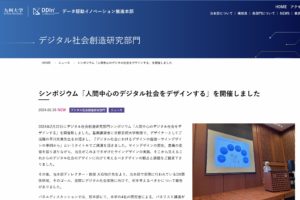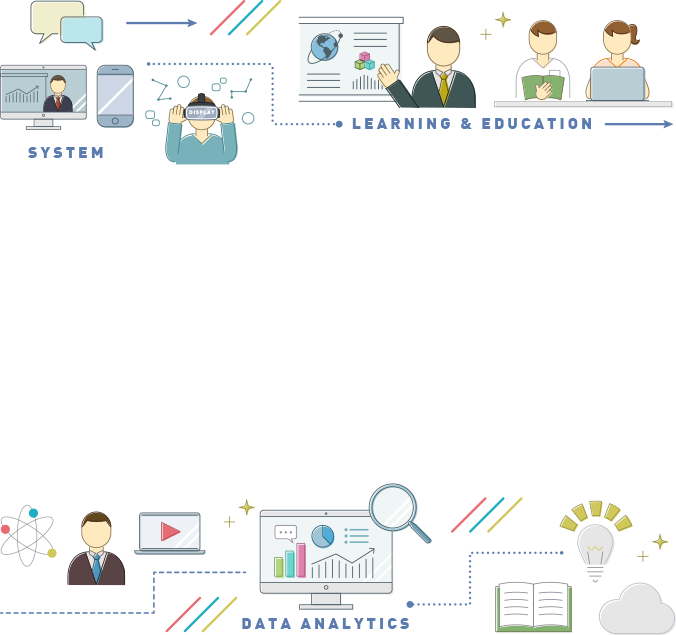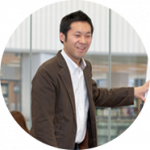
On Thursday, February 22nd, we held the Data-Driven Innovation Initiative’s Digital Society Creation Research Division Symposium “Designing a Human-Centered Digital Society.” Thank you to the 146 participants who joined us, including those online. We appreciate your participation. A brief report on the symposium is available on the DX Promotion Initiative’s website.
Keynote speaker Professor Hayakawa from Kyoto University of the Arts, and panelists Professor Ushiama from the Institute of Art and Engineering, Professor Matsukuma from the Institute of Art and Engineering, Professor Ikeda from the Institute of Human Environmental Studies, and Professor Kajiwara from the Institute of Core Education, thank you for your participation. Your lectures and panel discussions provided incredibly interesting perspectives, and we are deeply grateful for your contributions.
Professor Hayakawa provided insights from her work in sign design to the broader context of designing digital societies. She suggested that deliberately introducing challenges in design can be crucial when considering the role of signs and how to design for a digital society. This is a vital point in thinking about the design of educational and learning environments, emphasizing the need to carefully consider what is optimal. Furthermore, Professor Hayakawa reminded us that design is inherently human-centered—a principle that was enlightening for me (apologies for my lack of prior knowledge).
Professor Ushiama, from the perspective of web informatics, introduced his research involving generative AI and presented case studies of its application. He suggested that understanding human behavior through these studies and the idea of nurturing AI can lead to better ways of nurturing people. This aligns with Professor Hayakawa’s emphasis on designing with the intention of what we want humans to achieve, further integrating human-centered design principles into our approach.
Professor Matsukuma introduced his Serious Game Project, discussing cases such as rehabilitation and a virtual Ohashi campus. He presented what could emerge from the fusion of real and virtual environments. Since games strongly influence human emotions, his presentation provided valuable insights into how we can better engage human behavior and motivation, guiding us toward more effective activity and interaction strategies.
Professor Ikeda discussed leadership and communication in virtual spaces, introducing his research and various case studies. He offered insights on how leadership should be considered in terms of spatial distance and presence within virtual environments. Having long studied the impact of social and cognitive presence in computer-mediated communication (CMC) on learning outcomes, I found his perspectives particularly valuable for informing my own research.
Professor Kajiwara, from the perspective of law and constitutional law, offered insights on critical considerations for a digital society. While issues of privacy and personal information protection are familiar and easy to imagine, he also addressed the increasingly prevalent issues of misidentification and self-determination. Additionally, he discussed topics similar to media literacy that are currently debated within legal studies, which I found particularly intriguing.
During the panel discussion, Professor Hayakawa emphasized that designing a digital society is not just about creating shortcuts, but that taking the longer route can also be meaningful. She pointed out that seemingly unnecessary detours might hold significance when considering the broader implications and that there is a concern these aspects could be lost. This perspective sparked an important discussion on how we should live as humans, and based on these insights, a vibrant debate ensued among the participants.
Information and communication technology is ultimately just a tool, and while design can accomplish many things, the fundamental questions of what we aim for, how humans should live, and what it means to live freely were broadly explored. This provided an excellent opportunity to think deeply about various ways of living.
Thank you, Professor Hayakawa and the panelists, for your contributions. I look forward to continuing our collaboration in the future.







